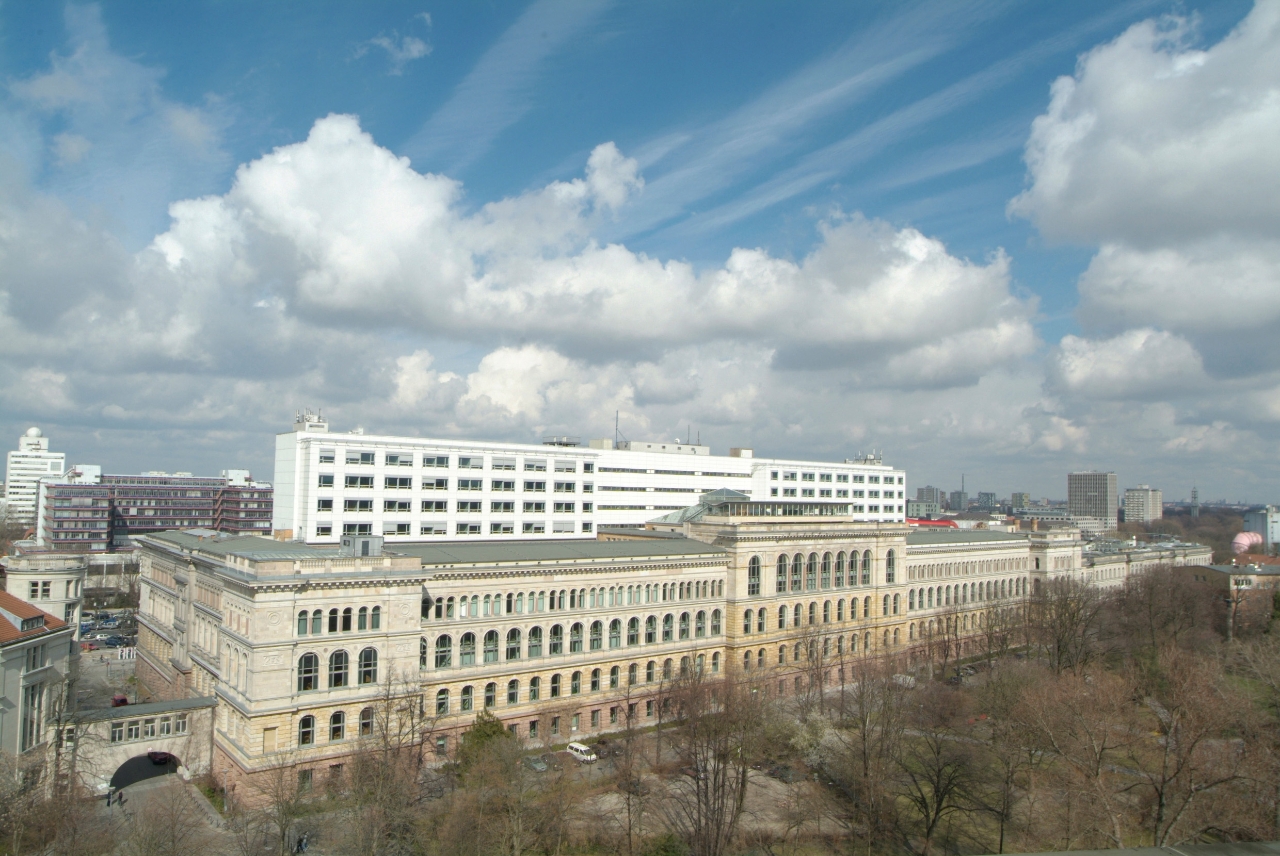Background
Franz Grashof was born on July 11, 1826, in Düsseldorf, Nordrhein-Westfalen, Germany. He was the son of Elisabeth Brüggemann and Karl Grashof, who taught at an upper secondary school.

Straße des 17. Juni 135, 10623 Berlin, Germany
In October 1844 Franz quit school to start studying metallurgy at the Gewerbe-Institut (now Technical University of Berlin). In 1854 Franz concluded his studies.
The VDI honored Grashof's memory by erecting the Grashof Monument in Karlsruhe and by establishing the annually awarded Grashof Medal, its highest honor for achievements in technology.
Germany
Grashof was a founding member of the Association of German Engineers since 1855.




Franz Grashof was born on July 11, 1826, in Düsseldorf, Nordrhein-Westfalen, Germany. He was the son of Elisabeth Brüggemann and Karl Grashof, who taught at an upper secondary school.
In October 1844 Franz quit school to start studying metallurgy at the Gewerbe-Institut (now Technical University of Berlin), studying mathematics, physics, and machine design. From 1847 to 1848 he interrupted his studies to voluntarily serve for the military.To serve his country he aimed at becoming a marine officer. Until December 1851 he sailed around the world and realized that practical work was not his main professional skill. On his journey he decided to teach at a technical school. That’s why he carried on studying in Berlin in 1852. In 1854 Franz concluded his studies. The University of Rostock conferred an honorary doctorate in 1860.
Elevated in 1854 to staff membership of the Gewerbe-Institut as teacher of mathematics and mechanics, Grashof was also director of the Office of Weights and Measures.
On 12 May 1856, Grashof was among the twenty-three founders of the Verein Deutscher Ingenieure (VDI). Although no unified Germany then existed, this society was to include the engineers of the twenty-five German states and Grashof was to implement its organization. Because of his scientific reputation he was made director of the society and editor of its Zeitschrift.
Following Ferdinand Redtenbacher’s death in 1863, Grashof was named his successor as professor of applied mechanics and the theory of machines at the Polytechnikum in Karlsruhe (now Karlsruhe University of Applied Sciences). He lectured on strength of materials, hydraulics, thermodynamics, and machine design with clarity and precision. He remained in Karlsruhe, rejecting an offer from Aachen and two from Munich.
Although he resigned the editorship of the Zeitschrift, Grashof remained director of the VDI and turned much of his attention to technical writing, He was the first to present the fundamental equations of the theory of elasticity, in a text on strength of materials in which he treated flexure, torsion, buckling, plates, and shells. His three-volume Theoretische Maschinenlehre was characterized by sharp insight and critical observation with respect to the limits of accuracy and the admissibility of assumptions. No contemporary English or French work was its equal.
During his lifetime Grashof was recognized as an authority on mechanical engineering in its broadest sense. As teacher and engineer, and as founding member, editor, and long-time director of the VDI, he influenced a generation of engineers by bringing mathematical and scientific considerations to the burgeoning problems of the steam-engine age. Grashof used analysis, supporting and exploiting it with all available experimental work. He shunned the graphical approach of his contemporary Karl Culmann, who founded graphic statics.
Grashof’s name is perpetuated in several ways. There is the dimensionless Grashof number of heat transfer in free-convection flow systems for the transition from laminar to turbulent flow. Another Grashof criterion is used in kinematics for establishing whether one link of a four-bar chain can rotate completely.
The VDI honored his memory by erecting the Grashof Monument in Karlsruhe and by establishing the annually awarded Grashof Medal, its highest honor for achievements in technology. A second stroke in 1891 disabled him and he died two years later.

Franz Grashof was a prominent engineer. He developed some early steam-flow formulas and made significant contribution to free convection. The Grashof Number and the Grashof Condition were named after him. The VDI honored his memory by erecting the Grashof Monument in Karlsruhe and by establishing the annually awarded Grashof Medal, its highest honor for achievements in technology.
Grashof was a founding member of the Association of German Engineers since 1855.
